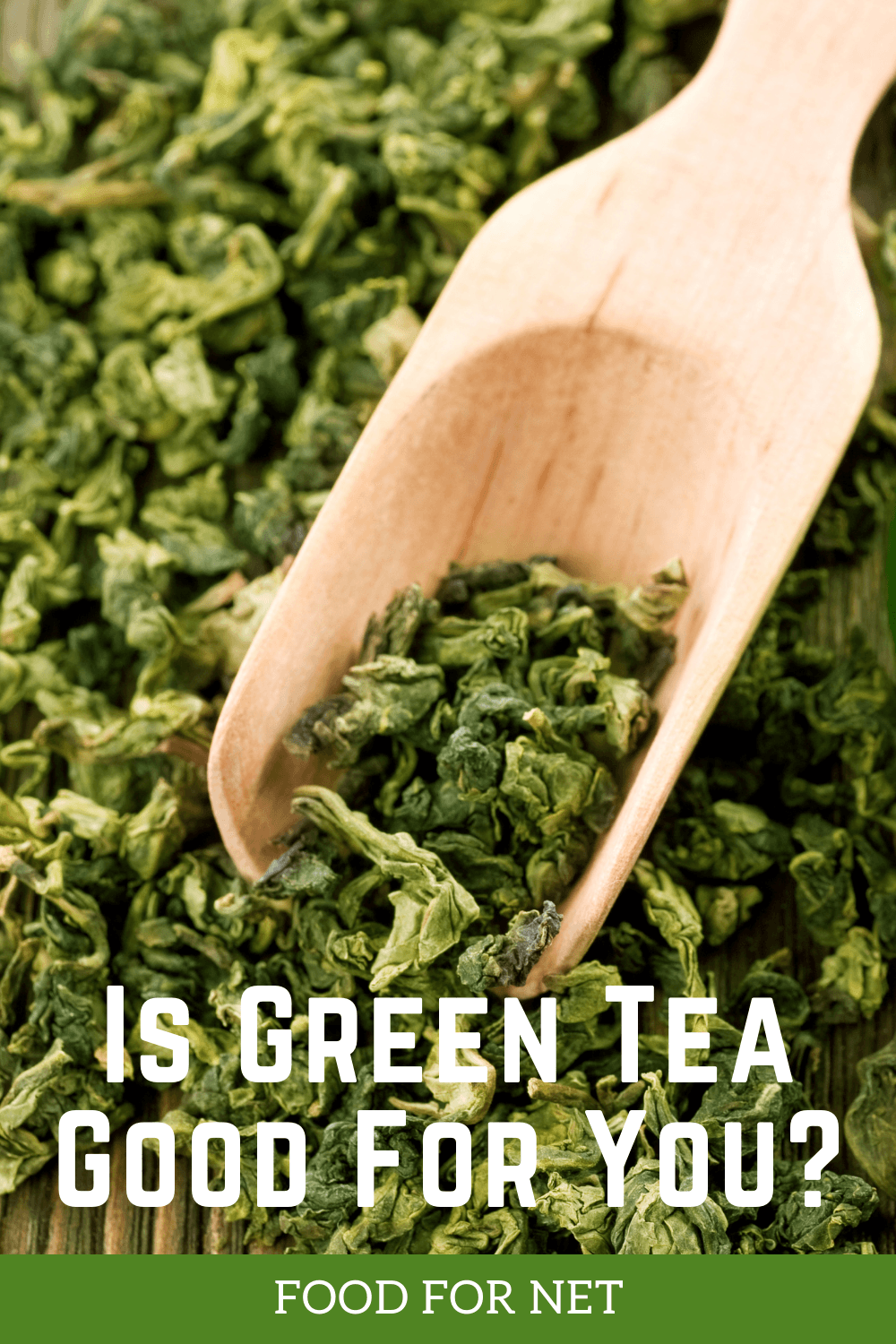
Green tea is hard to ignore. It’s often touted as one of the healthiest drinks in the world – and that claim mightn’t be exaggerated. So, why is green tea good for you and does it have any risks that you need to think about?
After all, all foods and drinks have some positive features and some negative ones. Even water, which is essential to our very survival, can be dangerous if you drink excessive amounts too quickly.
As for green tea, there truly are some important things to be aware of, including the caffeine content and what happens if you drink too much. There’s also plenty that you can do with it, including pairing green tea with desserts or even using it as an ingredient in an iced tea cocktail.
Is Green Tea Good For You?
What Is Green Tea?
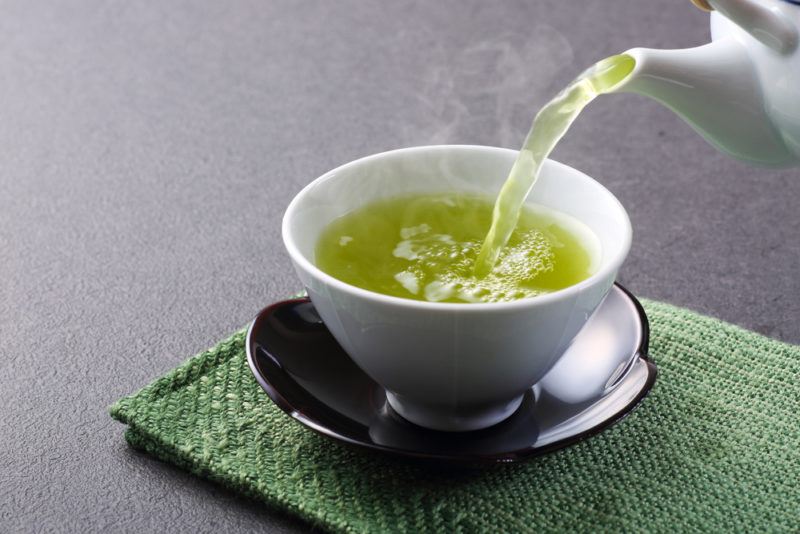
Green tea is a traditional drink made from the leaves and buds of the Camellia sinensis plant. It was first produced in China but is now grown in other Eastern Asian countries and is consumed throughout the world.
The term green tea refers to the dried leaves from the plant, along with the drink that is produced when these leaves are infused into hot water (or cold water, if you’re making cold brew green tea).
While green tea comes from the same plant as black tea, the two types of tea look and taste quite different from each other. Much of the difference comes from oxidation. Black tea tends to be fully oxidized. In contrast, green tea is either pan-fired or steamed quickly to prevent too much oxidation.
Types Of Green Tea
Green tea can be grouped into a few broad categories. However, as is often the case, there is plenty of variation within each category, including some tea varieties that are mellow and have a light color, along with others that have a more intense color and distinct grassy flavor.
Chinese Green Tea
This style of green tea is typically pan-fired using large woks. The approach provides a light and slightly toasted flavor. There’s also plenty of variation in the tea depending on where it was grown.
Some types of Chinese green tea have interesting shaped leaves, like gunpowder tea, where the leaves look a little like gunpowder pellets. These unfurl as the tea brews, imparting a bold flavor.
Japanese Green Tea
While Chinese green tea tends to be pan-fired, Japan takes the steaming approach instead. Bamboo trays are used for the steaming and the process leads to a vegetal and grassy flavor.
The plants may also be grown under shade. This increases the chlorophyll concentration and gives the tea a stronger grassy flavor.
Common types of Japanese green tea include gyokuro, bancha, sencha, kukicha, and houjicha.
Houjicha is particularly interesting, as the tea leaves are also roasted. This gives them a nutty flavor that isn’t common with other types of green tea. The roasting process decreases the caffeine content of the tea, which makes it ideal for anyone who is caffeine sensitive.
Matcha Green Tea
Matcha is a Japanese style of green tea. It’s unusual, as it is partially grown under shade. It The approach increases the chlorophyll content of the tea and changes the flavor at the same time.
That’s not all. With matcha, the tea leaves are ground to form a fine powder, which you then use directly in your drinks. This means you’re consuming the leaves themselves, while with other types of tea, you’re just drinking liquid that the leaves have been brewing in.
Because you’re ingesting the leaves, matcha tea provides many more antioxidants than any other type of tea. However, the higher concentration of matcha means you need to watch the amount you consume. It’s easier to overdo it with matcha than with other types of green tea.
Flavored Green Tea
Some green teas include other ingredients to change the flavor profile. For example, Jasmine green tea combines green tea leaves with jasmine flowers, while chamomile green tea uses chamomile flowers and green tea leaves.
The quality of flavored green tea can vary dramatically. Low quality products often taste strange or artificial, while high quality ones can be amazing.
Keeping an eye out for reviews, especially if you’re ordering online, can help you find the best products. Reviewers are often vocal about their problems with tea, so it should be easy to spot the duds.
The Benefits Of Green Tea
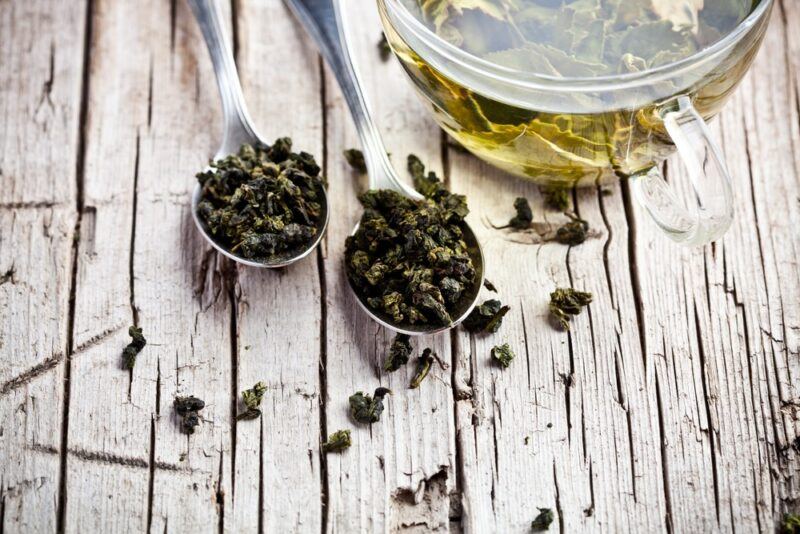
Keeps You Hydrated
While it’s easy to focus on the beneficial compounds in tea leaves, the water content of green tea is even more relevant. A mug of tea is almost entirely water and is largely devoid of calories or nutrients.
Water is an essential part of how our bodies function. Without enough, we can become fatigued and have difficulty concentrating. Dehydration can also lead to constipation, increased risk of kidney stones, and perhaps even muscle damage.
Simply drinking water is one of your best options for staying hydrated, but green tea is a close second. The tea is mostly water anyway, plus it provides you with some important polyphenols.
So, what about the caffeine?
You might expect green tea to dehydrate you, as caffeine can lead to water loss. However, the water loss effect of caffeine is small. Even when drinking coffee, you’re still gaining more water than you lose.
Still, green tea shouldn’t be your only way to stay hydrated. Drinking water every day remains crucial.
The Antioxidants
Green tea is famous for its antioxidant content, including the now famous EGCG (epigallocatechin gallate). These antioxidants help to decrease free radicals in our bodies. By doing so, antioxidants may also promote immune system function, decrease disease risk, and even help us to live longer.
The compounds in green tea can help in other ways too, like by lowering heart disease risk and decreasing your blood sugar.
These are impressive effects when you remember that green tea is also a low calorie drink. Seriously, how can you go wrong?
It Can Help Your Brain
Green tea is relevant for your brain in a few ways. First, the antioxidants protect you from free radical damage in your brain, helping to make sure that everything works well. These antioxidants might even decrease the risk of some neurodegenerative conditions.
Plus, green tea contains both caffeine and L-theanine. Caffeine is well-known for its cognitive effects, including helping to boost alertness and clear thinking. L-theanine is calming instead and helps to balance out the rush you get from caffeine.
The relatively low caffeine content of green tea may be beneficial too. You end up getting some caffeine from the tea, but not so much that you end up jittery.
Could Help With Weight Management
Animal studies suggest that the compounds in green tea may have metabolic effects that improve weight management and could lower the risk of obesity. Some other features of green tea may be relevant too, like the low calorie content and the caffeine.
A surprising number of studies have found a link between green tea and weight loss.
But, there are limits. The research often looked at EGCG supplements or green tea extract, rather than green tea itself. The observed effects on weight loss weren’t that strong either.
This suggests that, at best, green tea will have a subtle effect on weight loss. Still, little effects do add up. You might see more benefits if you’re drinking green tea instead of soda or some other drink that’s high in calories.
May Decrease Cancer Risk
Some theories suggest that regular green tea consumption lowers your risk of cancer. However, there is conflicting evidence, with some studies suggesting an association between tea and decreased cancer risk, and others failing to find one.
Even if green tea doesn’t strongly influence cancer risk, it’s a safe drink that has been consumed for many generations. Green tea drinkers can continue their practice without worry.
The Health Risks Of Green Tea
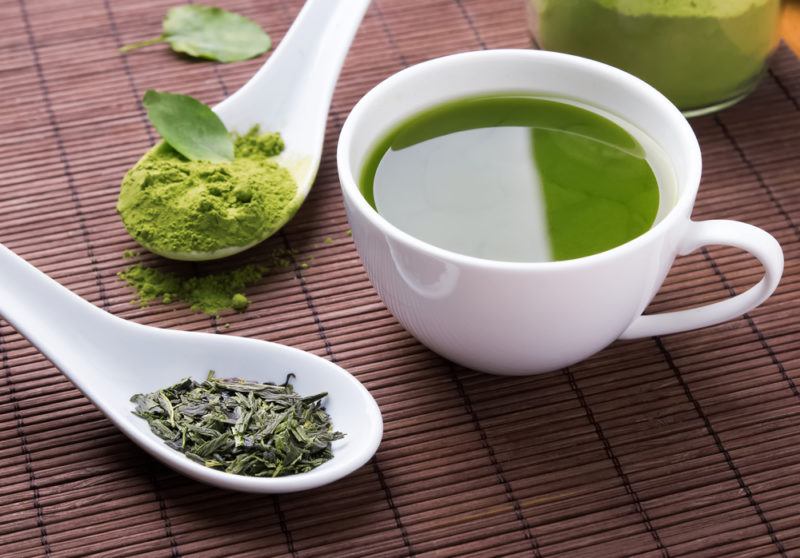
Green tea isn’t just incredibly healthy. It’s also a safe drink. Most green tea drinkers don’t experience any side effects, even if they’re consuming multiple cups of the tea every day.
Even so, the drink isn’t entirely benign. Rare are they might be, there are side effects from green tea, especially if you’re drinking a large amount.
Side Effects
Side effects of green tea can include headaches, stomach problems, sleeping issues, dizziness. Many of these effects are linked to your caffeine consumption. While caffeine does have some advantages too, high caffeine consumption isn’t good for you.
Your risk of problems is higher if you regularly drink coffee as well as green tea. Also remember that your caffeine intake might be more than you expect, especially as coffee and tea are sometimes used as ingredients in food.
Plus, some people are sensitive to caffeine. If this is the case, it might not take much caffeine to give you side effects.
Some other problems might occur because of compounds in the green tea itself. For example, some of the antioxidants in green tea can decrease iron absorption.
This could be a serious issue for people with low iron intake. Adding lemon to your green tea can help, as the vitamin C in lemon improves your iron absorption.
A similar problem is true for calcium absorption. To avoid both problems, try not to overdo it with green tea and avoid drinking the tea within an hour of your meals. This way your body can absorb the nutrients that it needs to, without interference from the tannins in your tea.
How Do You Prepare Green Tea?
Green tea is delicate, so you need to take care when brewing the tea. Avoid using boiling water and focus on hot water. The water should be somewhere between 145°F and 180°F.
Don’t steep the tea for too long either. Three minutes tends to be the upper limit and you often get a better drink if the steeping time is shorter.
Many green tea brands provide specific brewing instructions on the packaging or on their website. These instructions are worth following, as there are always some differences between one product and the next. The manufacturing company should know how to get the most out of their tea.
How Much Green Tea Should You Drink?
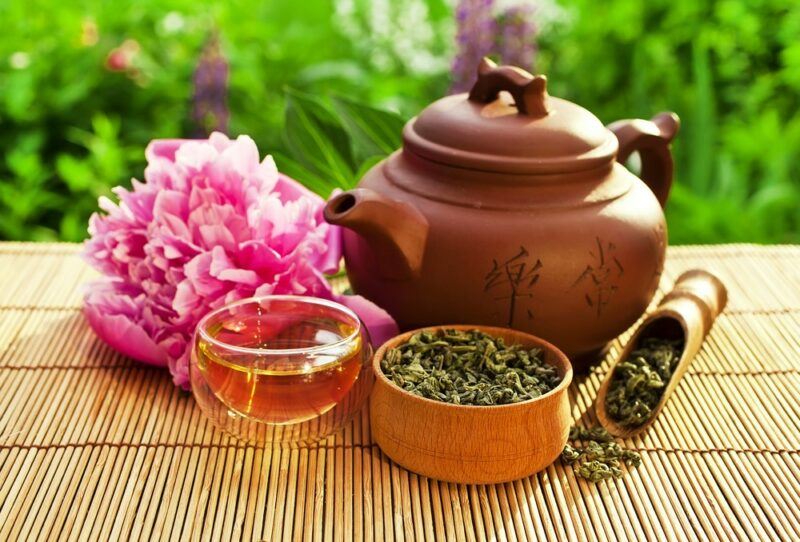
For most people, two to three cups of green tea per day is a good amount to provide benefits with minimal risk. You can choose whatever type of green tea you prefer, although minimally processed products tend to retain more of their phytochemicals.
You might find that you need less, especially if you’re sensitive to caffeine or get some side effects from tea.
Green Tea Versus Black Tea
While there are plenty of different teas out there, black tea and green tea are compared the most often. This isn’t surprising, as while the two types of tea come from the same plant, they are quite different than each other.
Flavor. Green tea has a somewhat sharp grassy flavor, while black tea is smooth and earthy. In both cases, the flavor profile varies depending on the specific product. Still, in general, black tea is easier for beginners.
Oxidation. Green tea goes through minimal oxidation. This is why it maintains its green color and grassy flavor. Black tea is much more oxidized, which affects its flavor and the antioxidants that are present.
How It’s Used. Green tea is often made with just hot water and the tea leaves, while adding sugar and milk to black tea is common practice. That being said, some people do use milk with green tea, so go ahead if you want to. Similarly, black tea is often served iced, while iced green tea is less common.
Antioxidants. Black tea still contains antioxidants, but most of the EGCG is lost during the oxidation process. Because of this, green tea tends to be a more powerful source of antioxidants, with increased potential for health benefits.
Caffeine. A cup of black tea contains somewhere from 25 to 48 grams of caffeine, while a similar amount of green tea contains between 25 and 29 grams. This means that black tea is often higher in caffeine than green tea. However, even when the caffeine content is at the high end of the scale, you’re getting less caffeine than in a cup of coffee.
Side Effects. The caffeine content of black tea means that it’s more likely to give you caffeine-related side effects, like a racing heart and trouble sleeping. However, green tea is more astringent. It’s more likely to make you feel nauseous, especially if you drink it on an empty stomach.
Brewing. Green tea and black tea are brewed the same way, but black tea tends to be more forgiving. You can brew black tea in hotter water for longer without ruining the flavor.
What About Green Tea Extract?
Green tea extract is a supplement that’s meant to give you the same beneficial compounds as green tea, just in a more concentrated form. This should mean that the extract is more powerful and easier to use. It might even be perfect for anyone who hates the taste of green tea.
But, as you can probably guess, green tea extract doesn’t have the same properties as regular green tea.
One difference is that green tea extract is much more heavily processed. It’s often been through various commercial stages of manufacturing and might even be made from the scraps of tea leaves used to make green tea.
Plus, many green tea extracts focus on EGCG, so they miss out on some of the other beneficial phytochemicals from green tea.
The extra processing that goes into green tea extract also increases the risk for problems, including contamination or the manufacturer adding fillers. It’s much harder to fake things with green tea itself, as consumers can see the tea leaves.
At this stage, relying on green tea itself appears to be safer than using green tea extracts. The tea could easily offer more benefits too. After all, the health benefits of food and drink never come from a single compound, but instead from a whole collection of them.
Is Decaffeinated Green Tea Healthy?
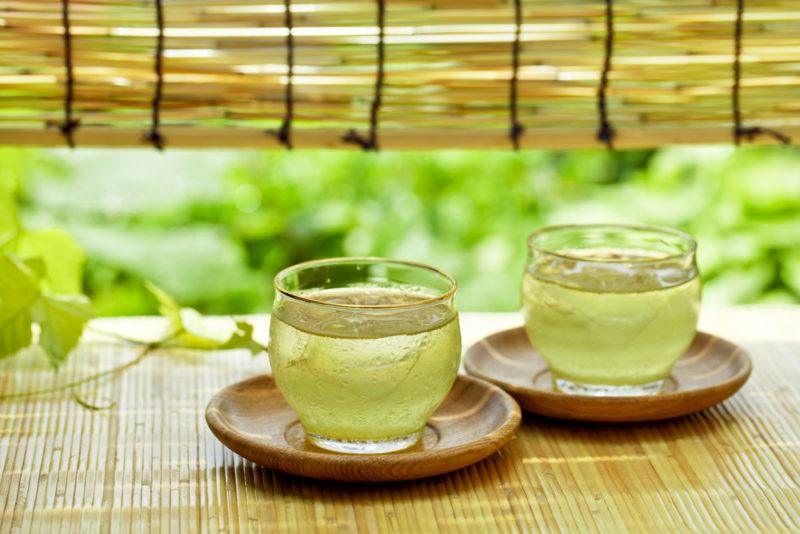
When tea is decaffeinated, most of the caffeine is removed. This can be essential if you need to avoid caffeine or if you want to drink green tea in the evening.
The decaffeination process does affect some of the phytochemicals in green tea too. Plus, you’re losing caffeine, which is responsible for some of the benefits of green tea.
Even so, you still end up with plenty of EGCG and other powerful compounds. In the end, decaffeinated green tea is still a healthy drink, it just isn’t quite as good as the version with caffeine.
Final Thoughts
Green tea is a popular drink with a rich history. There are many potential benefits, while the risks are minimal for most people.
The biggest issue with green tea is simply that the proposed benefits haven’t been fully proven. There is contradictory evidence for some, like whether green tea decreases cancer risk. In other cases, green tea may only have a subtle effect, like in the case of weight loss.
Still, the lack of proof doesn’t mean you should avoid the drink. Green tea is still delicious, low in calories, and safe, so why not enjoy it regularly?
Frequently Asked Questions
Is Green Tea Acidic?
Most types of tea are acidic, including green tea. They’re less acidic than coffee, but still acidic enough to promote acid reflux symptoms.
If you get side effects from green tea, it’s best to have it with a meal rather than on an empty stomach.
Does Green Tea Help You Sleep?
Some people find that green tea really does help them sleep. This is largely because it contains an amino acid called l-theanine, which is calming and can help you relax.
However, green tea does also contain caffeine. While the caffeine content is relatively low, it could make sleep more difficult if you’re sensitive to caffeine. Decaffeinated green tea could be the way around this issue, giving you the sleep benefits from l-theanine without negative effects from caffeine.
Is Green Tea A Diuretic?
Green tea does have diuretic properties, but this is mostly due to the caffeine content, rather than the tea itself. As a result, green tea actually has a lower diuretic effect than coffee or black tea.
The diuretic effect of green tea is also mild and the tea is a decent source of liquid. This means that you still take on more liquid than you lose. As a result, green tea will never dehydrate you.
Does Green Tea Cause Kidney Stones?
Some theories suggest that green tea can lead to kidney stones, due to relatively high levels of oxalate. However, researchers have yet to find any link between increased kidney stone risk and green tea consumption.
Green tea could even have the opposite effect, where some of the compounds present might reduce the risk of large kidney stones instead.
What’s The Best Time To Drink Green Tea?
Green tea is often recommended in the morning or early afternoon, as the caffeine present could be an issue in the evening. However, you may find that you need to eat first, as drinking tea on a empty stomach can sometimes cause digestive side effects.
Realistically, the best time to drink green tea is the time that works for you. This might involve having it in the mornings, before meals, after meals, or even before a workout session. We all respond differently, so the best time for us to have green tea is different too.






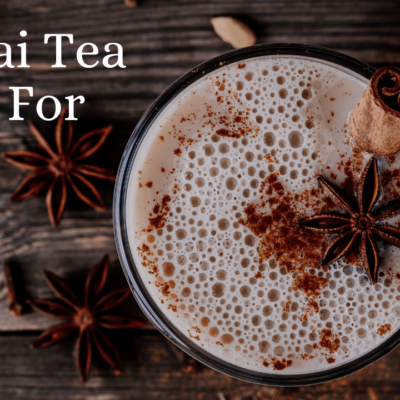






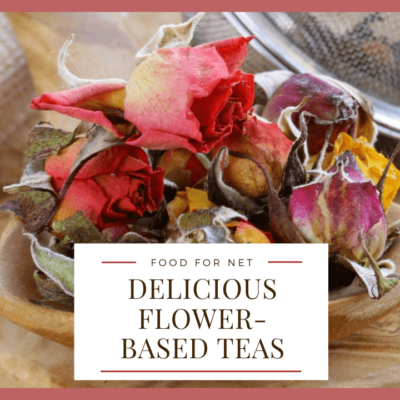

 Best Vegetable Juice For Cocktails
Best Vegetable Juice For Cocktails
Leave a Reply